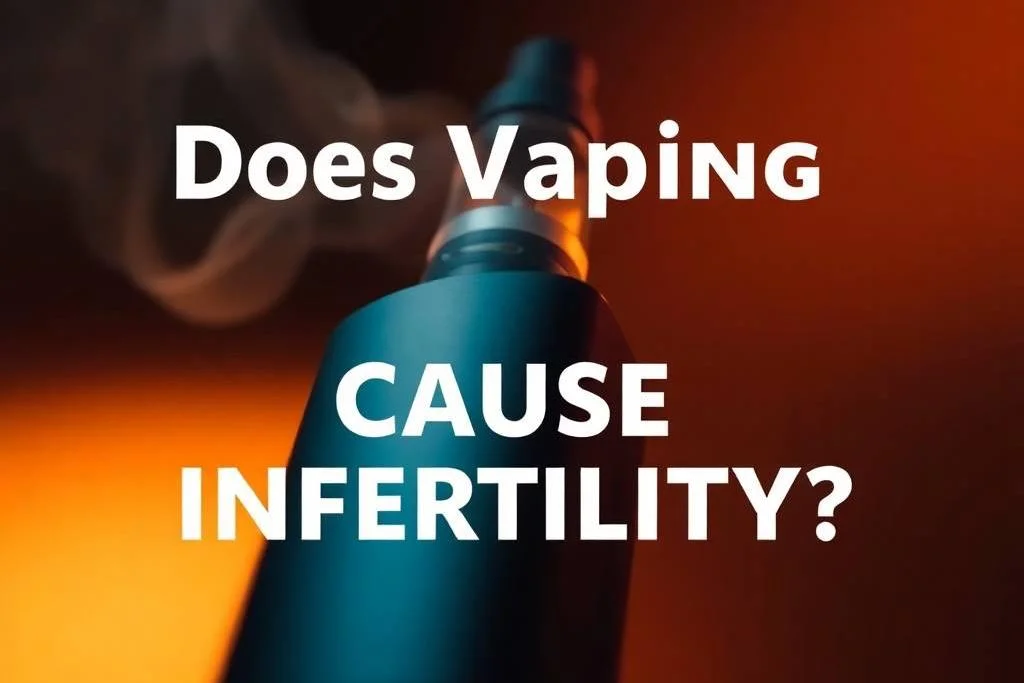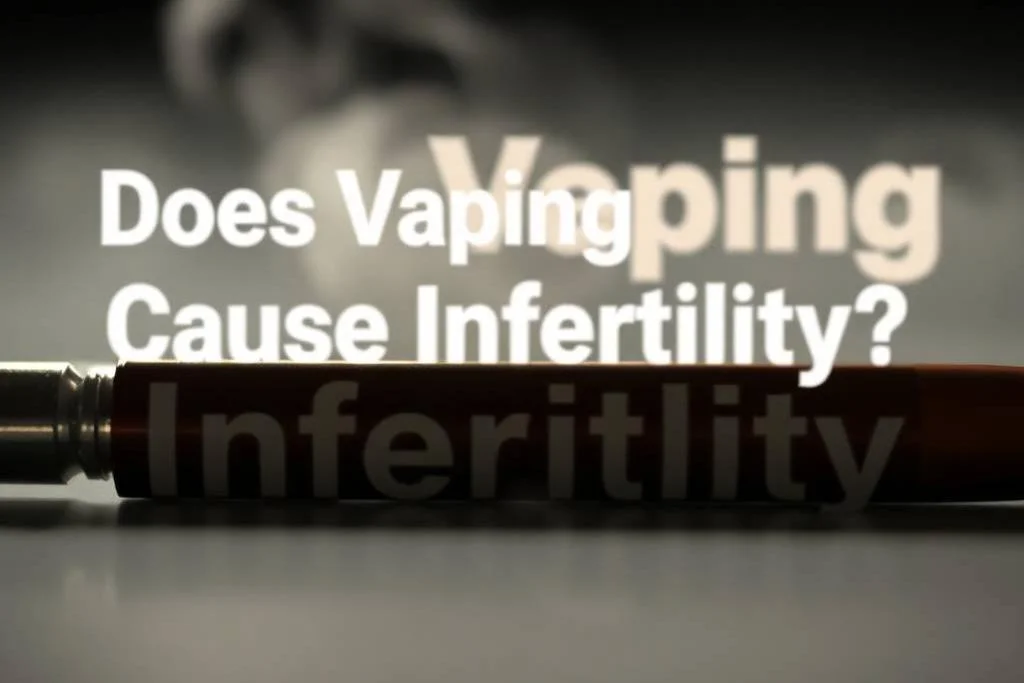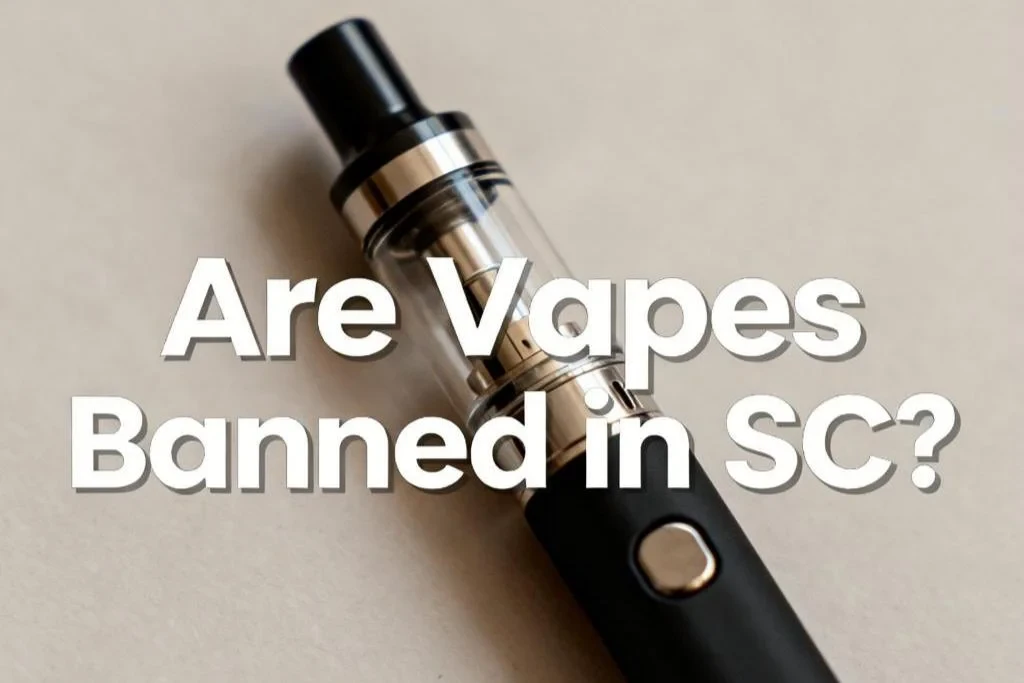DOES VAPING CAUSE INFERTILITY?
Vaping has become one of the most popular alternatives to smoking, especially among young adults and smokers looking to quit traditional cigarettes. While many people see vaping as a less harmful option, questions remain about its long-term health effects. One of the concerns often raised is whether vaping can affect fertility. Since fertility is a sensitive issue for both men and women, it’s important to look at what science says about vaping and reproductive health.
This guide explores the latest research on vaping and infertility, the potential risks for men and women, and what you should know before making decisions about vaping.
Does Vaping Cause Infertility?
Currently, there is no conclusive scientific evidence that vaping directly causes infertility. However, studies suggest that the chemicals found in e-liquids — especially nicotine, flavorings, and heavy metals — may have negative effects on reproductive health over time.
Nicotine, the main addictive substance in most vapes, is known to impact hormone balance, blood flow, and sperm quality in men. In women, nicotine can interfere with egg quality and ovulation. While vaping typically exposes users to fewer harmful chemicals than cigarettes, the risk to fertility cannot be fully ruled out.
In short: vaping may not be as damaging as smoking when it comes to fertility, but it still carries potential reproductive risks.

Vaping and Male Fertility
For men, fertility depends on healthy sperm production, motility, and DNA integrity. Research has shown that nicotine and some toxic compounds in vapor could reduce sperm count and damage sperm DNA, which may lower the chances of successful conception.
Some studies comparing smokers, vapers, and non-smokers suggest that while vaping appears less harmful than smoking, men who vape still show reduced semen quality compared to those who don’t use nicotine at all. Since sperm health is sensitive to toxins, even small exposures can affect reproductive outcomes.
Vaping and Female Fertility
In women, fertility relies on healthy ovulation, good egg quality, and a receptive uterine environment. Vaping may disrupt this in several ways:
- Nicotine’s effect on hormones – It can interfere with estrogen and progesterone balance, which are essential for ovulation and implantation.
- Blood flow restriction – Nicotine and certain chemicals can reduce blood circulation to reproductive organs, affecting egg health.
- Oxidative stress – Some flavoring chemicals and vapor particles increase oxidative stress, which may damage eggs over time.
Women who are trying to conceive are often advised to avoid nicotine altogether, including vaping.
Vaping During Pregnancy and Fertility Concerns
Even if vaping doesn’t directly cause infertility, it may affect pregnancy outcomes. Studies have linked nicotine exposure during pregnancy to premature birth, low birth weight, and developmental issues. Since the effects of vaping on pregnancy are still being researched, most health professionals recommend avoiding e-cigarettes when planning for pregnancy.

Is Vaping Safer Than Smoking for Fertility?
Cigarette smoking is strongly linked to infertility in both men and women, with well-documented effects on sperm damage, reduced ovarian reserve, and higher miscarriage rates. Compared to smoking, vaping likely poses a lower risk — but “lower” does not mean “safe.”
If fertility is a concern, the safest option is to avoid both cigarettes and vapes. For smokers trying to quit, nicotine replacement therapies (such as patches or gum) may be safer alternatives when planning for pregnancy.
Conclusion
So, does vaping cause infertility? The short answer is: there is no clear proof that vaping directly causes infertility, but the nicotine and chemicals in e-cigarettes may still harm reproductive health. Men may experience reduced sperm quality, while women may face hormonal disruptions and egg health concerns.
If you are planning to start a family, the best approach is to minimize or completely avoid nicotine use. While vaping is less harmful than smoking, it’s not risk-free when it comes to fertility.
FAQs
1. Can vaping reduce sperm count?
Yes. Some studies suggest vaping can lower sperm count and motility due to nicotine and chemical exposure.
2. Does vaping affect female hormones?
Nicotine in vapes may disrupt estrogen and progesterone, which can interfere with ovulation and fertility.
3. Is vaping safer than smoking for fertility?
Yes, vaping is considered less harmful than smoking, but it still poses potential risks for reproductive health.
4. Can vaping while trying to conceive affect pregnancy?
Yes. Nicotine exposure may reduce fertility and increase pregnancy complications, so quitting before conceiving is recommended.
5. Should couples quit vaping if they want children?
Yes. While more research is needed, the safest choice for both partners is to avoid nicotine and vaping when planning for pregnancy.




















